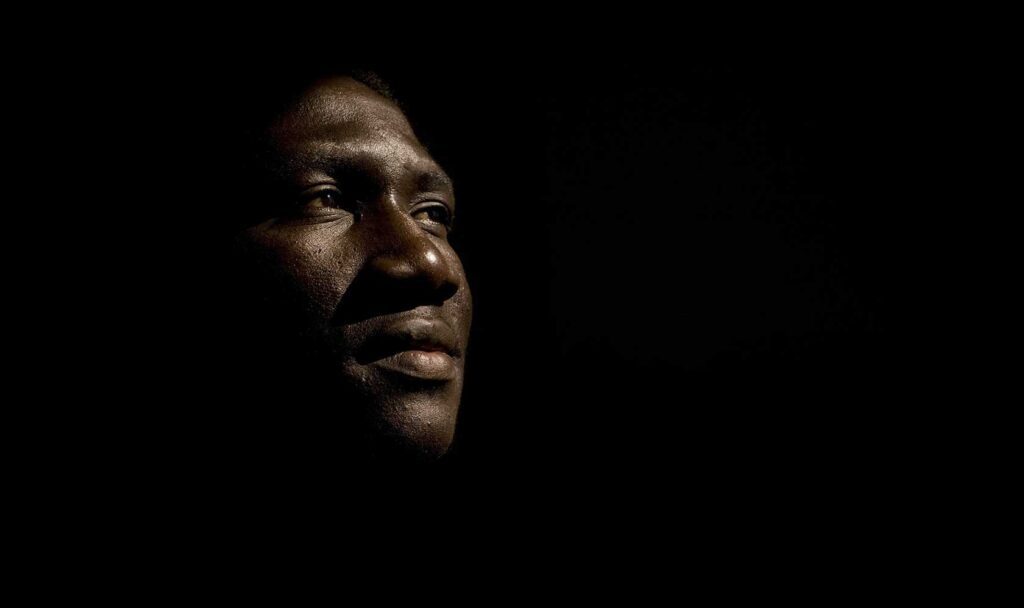New Health Equity Effort to Increase Access to Mental Health Services for Black Men

A new initiative from the Urban League of Eastern Massachusetts (Boston, MA) aims to increase access to mental health services for Black men, a group often left out of behavioral healthcare.
The effort, a partnership between the Urban League and William James College, is pushing for greater access now, while also looking to expand opportunities — both for care and economic advancement — by training more Black men for jobs in the field.
“When we think about economic issues, there’s the saying, ‘health is wealth,’ and a significant part of health is mental health,” said Rahsaan Hall, President and CEO of the Urban League of Eastern Massachusetts.
When the initiative was announced July 18, the Urban League launched a directory of mental health services and resources with a focus on communities of color. The initiative will also work to identify up to 10 candidates for programs at William James College.
Hall said the partnership with Williams James College made obvious sense for the program, given its history of working with students of color and including focuses in its clinical psychology program on care for six different specific marginalized groups, including African and Caribbean.
“For me, the excitement is having a partner like this to do this work in a serious way, and a partner with a proven track record of serving the communities with some of the highest needs,” he said.
The program aims to reduce barriers in a field of care that often sees limited participation from communities of color. Cultural taboo limits participation in seeking mental health care, and high costs can further limit access.
According to data from TherapyDen, a national therapists directory, in Boston, the median out-of-pocket cost for a session is $200, one of the highest in the country. Health insurance plans often cover mental health care, but exactly what that coverage looks like can vary and the uninsured rates among Black and Hispanic individuals across the country, while declining, are still higher than their white counterparts.
To read the full story, click here.

